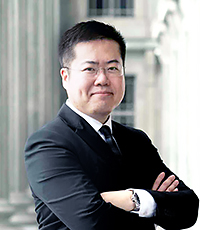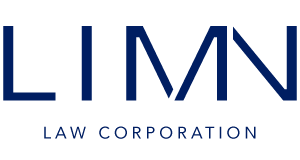In a recent decision of Seah Chee Wan & Anor v Connectus Group Pte Ltd [2019] SGHC 228, the Singapore High Court held in a case of a shareholder dispute, that the warring parties should consider a buyout of shares as an alternative to making a winding up order under Section 254(1)(i) of the Companies Act (Cap. 50) (“Act”). Section 254(1)(i) of the Act empowers the Court to order a winding-up of a company where “it is just and equitable” to do so.
Background
The case involved a company known as Connectus Group Pte Ltd, which was established in Singapore in 2012 providing human resource services. In 2013 and 2014, two of its directors and shareholders, Seah Chee Wan and Seah Shiang Ping, extended shareholders’ loans to help Connectus tide over cash-flow difficulties.
In 2015 and 2016, Connectus also obtained loans from another company incorporated in Hong Kong, CNB Express Talent-Spot Asia Company Limited (“TSHK”), which also provided human resource services.
The relationship between the directors and other shareholders became fraught with difficulties due to a multitude of reasons. Dissenting shareholders convened an Extraordinary General Meeting (“EGM”) on two occasions on 10 January and 26 March, 2018, to consider resolutions to remove the directors but both EGM were unable to proceed because there were not enough members present to make a quorum due to the directors’ absence.
Shortly after, the directors sought a winding up order on the ground that it would be just and equitable and also on the basis that the company was insolvent. The directors claimed that the company was unable to repay the shareholders’ loans and in particular, the loans obtained from TSHK.
Dissenting Shareholder’s Case
A dissenting shareholder resisted the winding-up application on the ground that Connectus was not insolvent. It claimed that Connectus had entered into a joint venture with a Chinese company, Shanghai Lethic Business Consulting Co Ltd (“SLBC”), and that the joint venture yielded profits, which if repatriated would alleviate the cash flow issues of the company.
The Court found however that such profits were ultimately used to pay off debts due by Connectus’ wholly-owned subsidiary in China, to another Chinese company, Shanghai Lethic Talent Services Co., Ltd (“SLTS”). SLTS and SLBC are related Chinese companies.
The dissenting shareholder also argued alternatively that the loans obtained from TSHK were not in fact loans but rather profits from the Connectus’ joint venture with SLBC. Although a Hong Kong incorporated entity, TSHK was related to both SLTS and SLBC.
The Court found that the loans which were extended by TSHK to Connectus were in fact loans which had to be repaid, and the company was indeed indebted to TSHK. There was no question of TSHK being permitted to sue Connectus for the recovery of those loans. Thus, the loans were not profits from Connectus’ joint venture with SLBC.
The Buyout Remedy under Section 254(2A) of the Act
The Court found that in all the circumstances it would be equitable to order a winding-up of the company. However, the Court found as relevant that in 2017 the warring parties had discussed a buyout of the shares of either the directors or of the dissenting shareholders. Pertinently, the Court held it was a relevant consideration that the dissenting shareholders wished to take control of the company without interference from the directors, and it would be appropriate for dissenting shareholders to consider a buyout, failing which the Court would order the company to be wound up.
Concluding Remarks
Section 254(2A) of the Act was introduced in 2015. The provision empowers the Courts hearing an application under Section 254(1)(i) of the Act to order a buyout as an alternative to making a winding up order, if the Court finds compelling reason to do so. In such scenario, the Court will invoke the share buy-out mechanism.
LIMN Law Corporation acts for SLBC and TSHK in pending High Court proceedings against Connectus.
Key Contacts
If you would like more information on this article or the matters discussed above, you may contact our team below.


Find Out More
Contact us if you’d like to give feedback on any news or insights or if you’d like to get bespoke insights from our team of lawyers.
